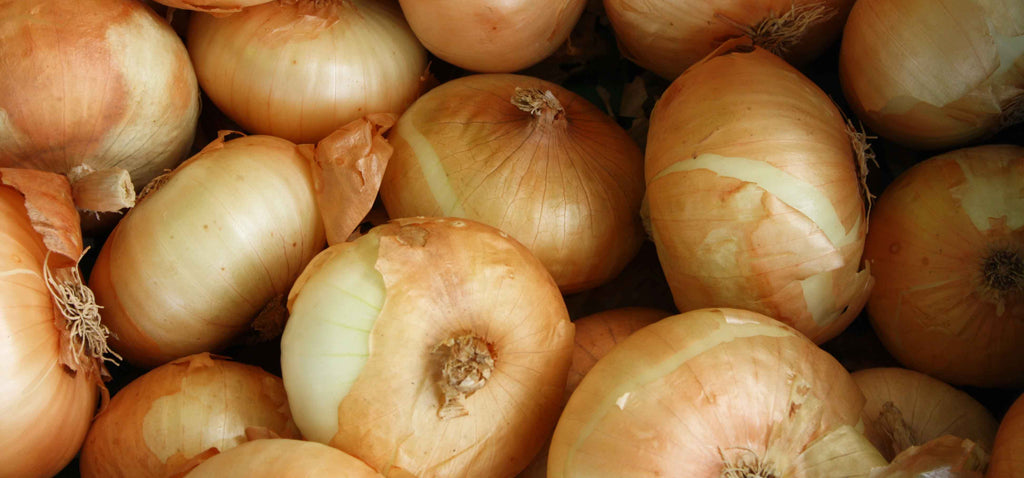
Food for Thought
By Sarai Snyder, Boulder, CO
Growing up, almost every meal in our house was homemade.
In the evening we would gather at the table, my father at the head, or it would seem, at least closest to the door and the wood burning stove. Mom sat next to him, within arms’ reach of the kitchen counter, my sister, then me, all in a circle around the creaky old walnut table that had been passed on from my grandparents.
On the best nights, my sister would avoid my father’s sideways grin, the result of her inescapable clumsiness, either falling out of her chair or spilling her milk, and I would successfully convince my mother that I was full of vegetables and couldn’t possibly eat a bite of the meat on the plate before me. Our meals were fresh, balanced, healthy, and often from our garden. The meat we ate was usually locally and inadvertently organically raised.

It took several years to convince my parents that being a vegetarian was a choice that I was fully committed to, one that I have stuck with for most of my life. In the age of greater awareness around health and environment, going meat-free is on a lot of to-do lists so he's a few encouraging words to help you put down the steak knife and toast to better living.
Growing animals for food takes up an incredible amount of resources. It is estimated that 26% of land on the planet is used for grazing livestock and an additional 33% is used to grow feed for livestock! A high rate of tropical deforestation and freshwater use is also related to agriculture, one-third of which is used just to grow feed. And what about the methane? In 2015, according to the IPCC, 16% of global greenhouse gas emissions came from methane. By opting for a plant-based diet we can have a positive impact with every bite we eat. Now onto the good stuff. Did you know vegetarians are 25% less likely to die of heart disease?

Even just skipping the red meat eliminates the risk of colon cancer. Going veggie isn’t just good for you because of what you don’t eat, but because of what you do eat. Vegetables, fruits, and nuts are high in necessary nutrients and full of antioxidants. Even going without meat one day a week, has its benefits and can have a positive impact on your waistline. Fortunately, skipping the meat doesn’t mean skipping on protein or taste. It just means more variety in flavors to savor. Greens, beans, nuts, seeds, and some grains are very high in protein. A healthy combination of all of the above is not just satisfying but full of good stuff for optimal health, recovery, and immunity.
One of the greatest benefits of going vegetarian is becoming more conscious of the food we eat. Reading food labels is almost second nature. It's like sitting down at the dinner table at Mom's house and knowing exactly what each bite contains. The same attention to ingredients is important in searching for great tasting snacks and on the go energy. Thanks to GFB, you don't have to go far. All the bites and bars are gluten-free, vegan, and aren't full of unnecessary sugar or additives.

These days my kitchen table is usually trailside, sharing GFB treats with friends after a long day is not only a joy but conscious decision that I feel good about.

